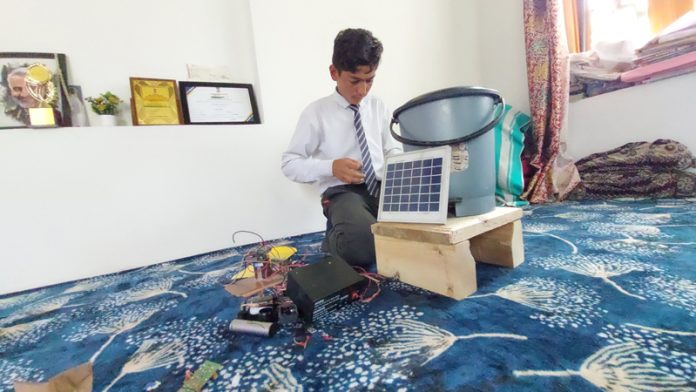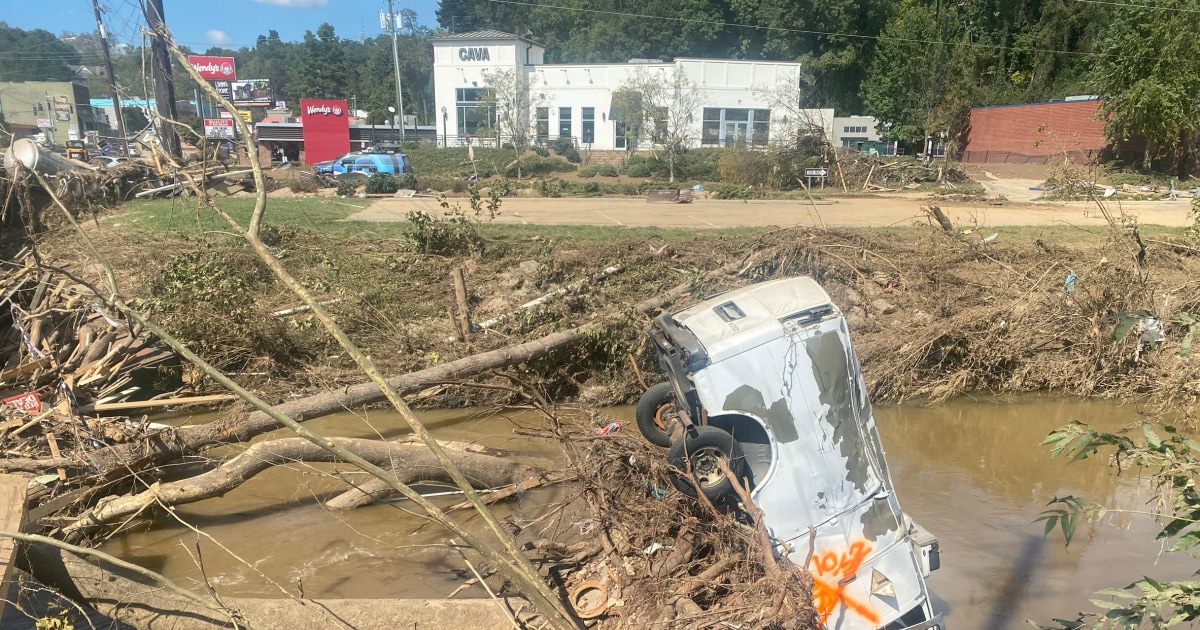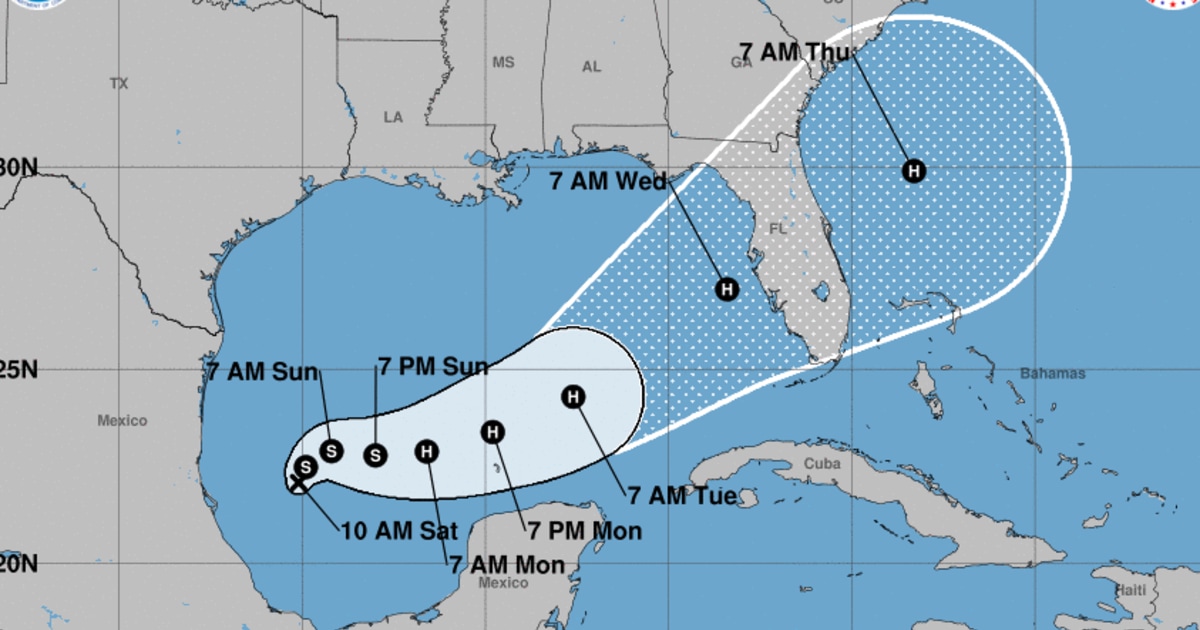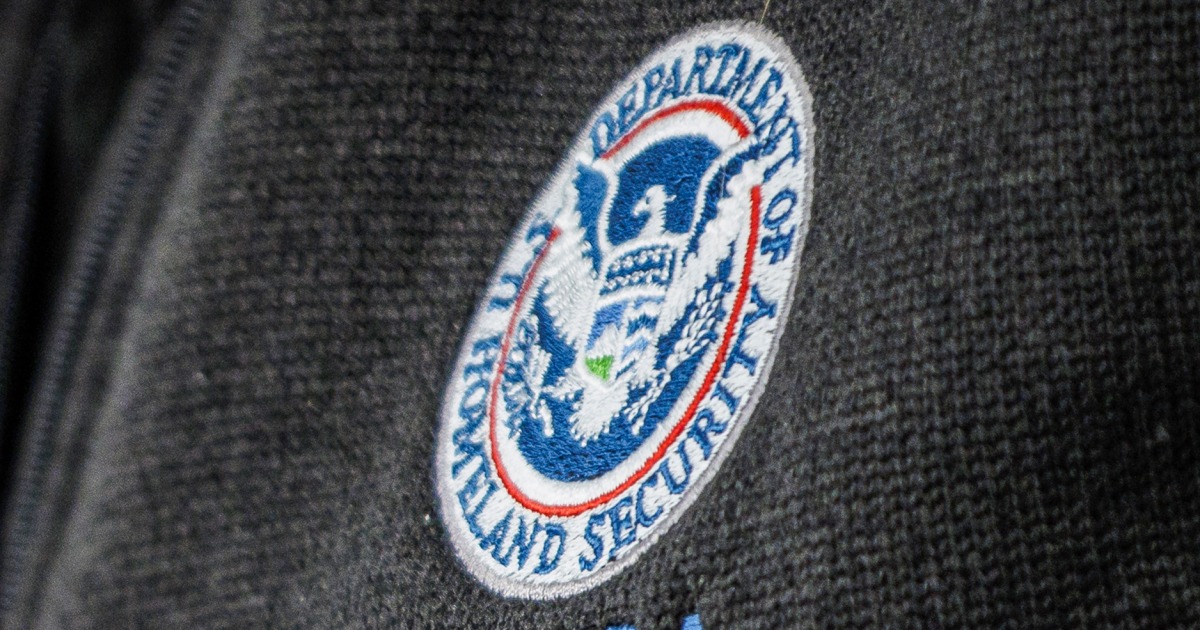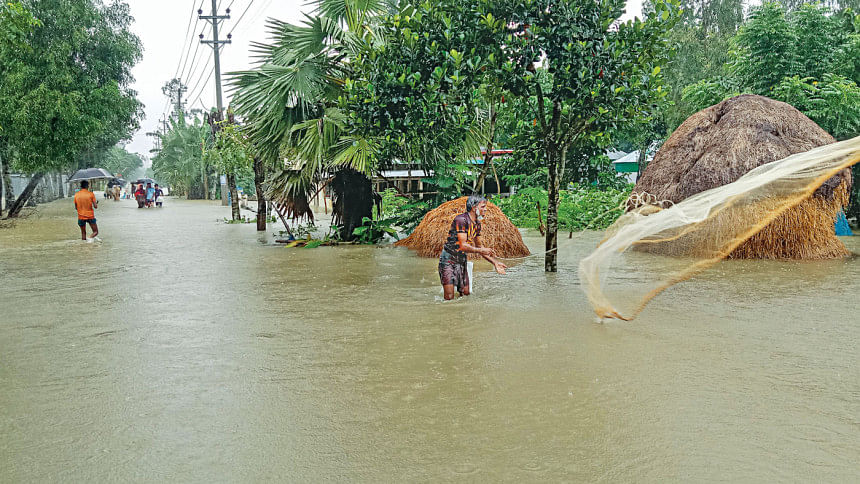
BATAAN, Philippines – Residents of Gatchalian in Cabcaben , Mariveles, Bataan once described their coastal life as abundant and peaceful. Their deep connection to the sea, which provided for their daily needs, was disrupted when oil spills tainted their once-pristine shores. That tranquility ended on July 27 with the sinking of the MTKR Jason Bradley , which was carrying 5,500 liters of diesel.
When Philippine Coast Guard (PCG) personnel arrived that day, they found the vessel abandoned with no crew members in sight. “ Noong araw na iyon, wala silang pupuntahan kundi sa dalampasigan ng Cabcaben at Mt. View.

Ngunit, sad to say, wala tayong survivor. Parang inabandona ‘yung barko ,” said Reynaldo Castro, barangay chairman of Cabcaben. (On that day, there was nowhere else they could go except on the shores of Cabcaben and Mt.
View. But sad to say, there were no survivors. It was like they abandoned the ship.
) The crisis in Bataan was compounded by a series of maritime disasters in this province. On July 25, the MT Terranova sank in Limay , releasing 100,000 liters of industrial oil into the sea. The MTKR Jason Bradley’s disaster followed soon after, and by July 31, the MV Mirola 1 added to the damage in Sitio Quiapo, Mariveles.
In response, Governor Joet Garcia declared a state of calamity to address the severe impact on 17,000 fishermen and over 15,000 families in Limay and Mariveles. Sinking dreams These oil spills have wreaked havoc on the local fishing industry, severely affecting the likes of 61-year-old Antonio Tagayong. Antonio has fished in Cabcaben for 37 years.
He said their fishing trips were delayed for days because of Typhoon Carina before the oil spill occurred. Instead of finding relief after the typhoon, residents were met with a foul stench from their oil-covered shores. “ Dahil sa malalaking alon siguro.
Malakas ang hangin. Kaya nalaman na lang namin kinabukasan ng umaga. Marami nang diesel at langis ang nakalutang ,” Antonio recounted.
(Perhaps it was because of the big waves and strong wind. We just discovered the next morning there lots of diesel and oil floating.) For six days after the spill, fishermen faced a fishing ban that left them unable to earn a living from the sea.
With no alternative sources of income and struggling with poverty, they eventually resumed fishing in hopes of catching enough crabs to sustain their daily needs. Must Read A month into Bataan oil spill, Marcos says Cavite fishers may resume fishing In response to the challenging situation, the Department of Social Welfare and Development (DSWD) provided 5,000 food packs to affected communities. These packs were distributed across twelve barangays in Mariveles, with the assistance of the Municipal Social Welfare and Development Office (MSWDO).
“ Kasi wala nga naman silang pagkakakitaan, at wala pang binibigay na tulong mula sa pamahalaan. Kaya ang ginawa nila, lumaot na lang kahit papaano kumikita sila. Lalo na’t malapit na ang pasukan, wala silang ibang mapagkukunan ,” he said.
(They did not have other jobs, and the government was not helping them. So what they did was head to the sea and hopefully be able to earn something. Specially now that its almost Christmas, they had to fine way to earn a living.
) Crab mentality Before the oil spill, Antonio earned about P500 pesos a day from selling crabs. Now, with sales plummeting, he struggles to make just P200 pesos. The decline in livelihoods for fishermen and vendors is partly due to health concerns over seafood from oil-affected waters.
However, the Bureau of Fisheries and Aquatic Resources (BFAR) reported on August 12 that fish and shellfish from Bataan, Bulacan, and Pampanga tested negative for oil contamination. “ Para bumaba ‘yung presyo, sasabihin ng namamakyaw sa’min na apektado ng oil spill, pero pagdating naman sa merkado, mahal nilang ibebenta. Nakakain naman namin mga huli namin ,” he said.
(To lower the prices, the wholesalers say our catch was affected by the oil spill. But when they resell in the market, they markup the prices. We can actually eat our catch [it’s not contaminated].
) Jonathan Nuñez, 46, has faced similar struggles. He used to earn P2,000 pesos a day from fishing, but now his earnings have dropped to P500, with high fuel costs further cutting into his income. “ Lumaot na kami kahapon.
Kaya lang, ‘yung mga isda ayaw pang kuhanin ng mga namimili at mga pumapakyaw ng isda ,” he said. (We went fishing yesterday. But the merchants and wholesalers still refuse to buy our catch.
) Months after the spill, fishermen like Antonio and Jonathan struggle with debt and reduced earnings. They are hoping to receive compensation for the damage to their livelihoods and that their pleas for justice will be heard by the authorities. As of September 10, the Oil Spill Response Team (OSTR) reports that cleaning operations are ongoing in Cabcaben, with the salvor FES Challenger working on seawater extraction.
The MTKR Jason Bradley was scheduled to be refloated on September 14, for further cleanup. Even with these ongoing efforts, the local economy and the livelihoods of fishermen like Antonio and Jonathan are still deeply affected by the oil spill. They remain hopeful that their fortunes will improve and that they will recover from the losses they have endured.
– Rappler.com Lorie Khyle Melivo is a graduating student from Bataan Peninsula State University and the former Managing editor of The Defender . She is also an Aries Rufo Journalism fellow of Rappler for 2024.
.


